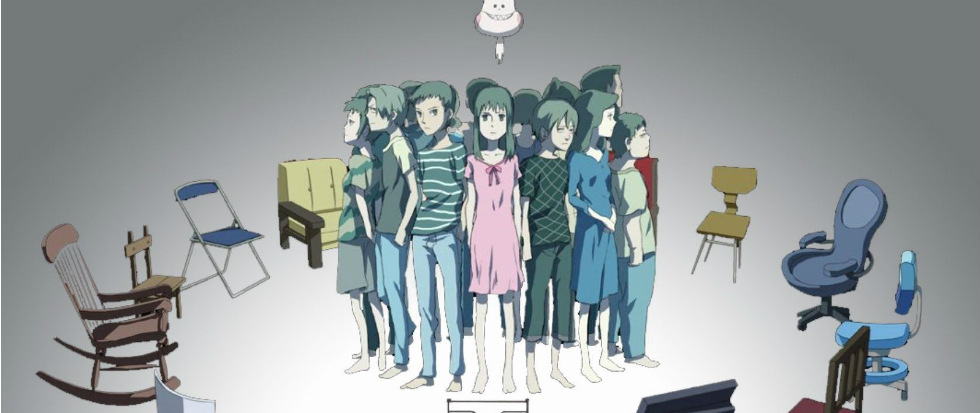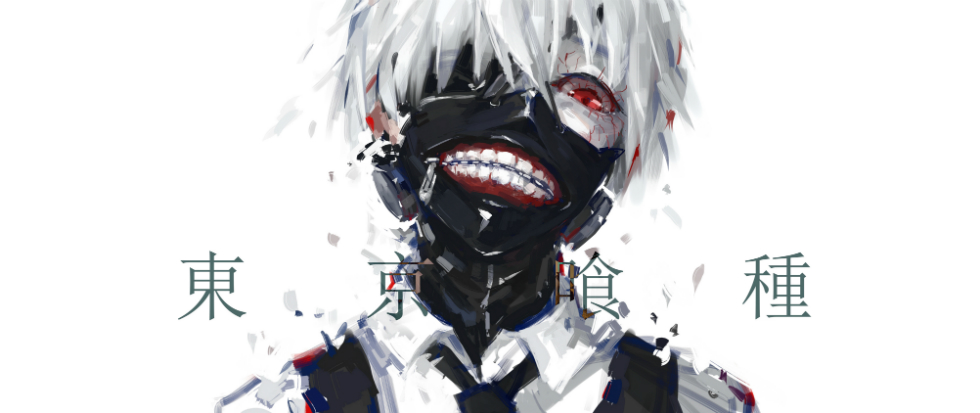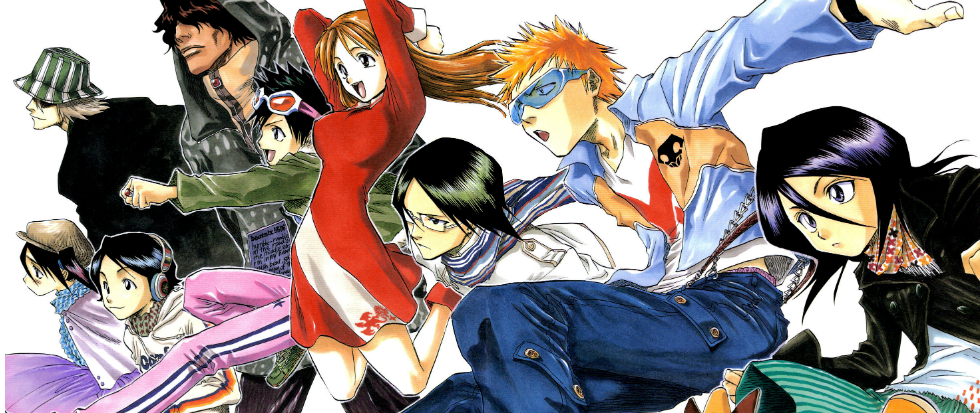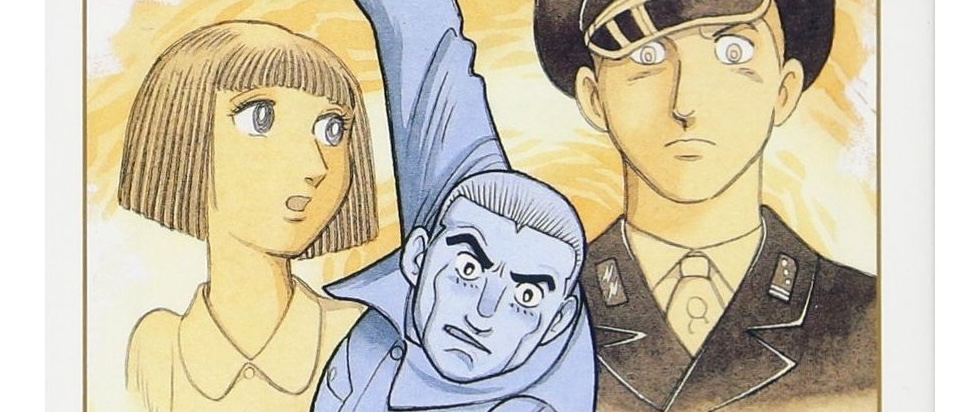
Osamu Tezuka and His Three Adolfs
When we think of Osamu Tezuka (1928-1989), great works like Astro Boy, Dororo, and so much more may come to mind. Known as the “Father of Manga” or the “God of Manga”, for having popularized the reading and consumption of the black and white comic form on a massive scale as a popular medium in Japan, its influence in recent years has only increased. However, manga rose out of hopelessness and the inherent human need for a means of escapism and hope in the midst of an environment where everything seemed lost. Thus, Tezuka’s works introduced stories that addressed profound themes surrounding the human condition, which, beyond escapism, were a way to imagine a better future in a country devastated by the consequences of World War II.
Tezuka’s contributions to manga and anime are invaluable, and keeping track of his achievements and his works in their entirety deserves its own article. Nonetheless, what I want to discuss here is a singular manga of Tezuka’s: Adolf ni Tsugu (1982-1985). This series is not often mentioned, as it represents a form of catharsis quite different from science fiction works like Astro Boy, one where Tezuka is no longer writing to cope with an apocalyptic scenario but is instead seeking to conduct an introspective examination of what led him and his compatriots to become part of a globally well-positioned country.
It is important to understand that Adolf ni Tsugu takes place in the middle of the Second World War – in fact, the story of the manga begins in August 1936 in the middle of the Berlin Olympic Game – though it was written, almost forty years after the end of the war. It must also be made clear that this manga in no way praises Adolf Hitler; it actually examines the horrors of war and ideological conflicts through a deeply human and morally complex narrative. In short, it could be said that beyond the plot, Tezuka’s work here serves as a necessary reflection of its time – one that very few of us today are able to fully understand or even realize is captured in a manga from the 1980s, one of the author’s last works. In Adolf ni Tsugu the horrors of World War II are clearly reflected: from the holocaust to the massacres carried out by the Japanese imperial forces.
Adolf ni Tsugu revolves around three men named Adolf: Adolf Kamil (a Jewish man), Adolf Kaufmann (Kamil’s best friend) – both living in Japan – and Adolf Hitler. The plot centers on the appearance of some documents that give an account of Hitler’s Jewish ancestry, a revelation that could threaten the Nazi regime. Consequently, these documents are pursued by members of the Gestapo and the Kempeitai (the Japanese secret police) to ensure their destruction; while opponents of the Nazi Party seek to expose them to the public.
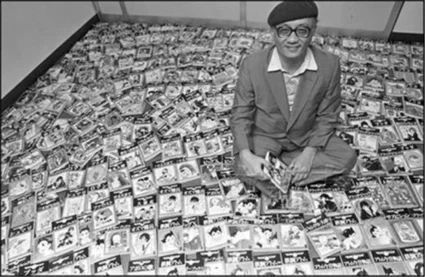
Adolf ni Tsugu, Tezuka’s reflections remain quite relevant given that contemporary wars continue to revolve around issues of territory, national identity and historical rights (such as the Israel-Palestine conflict). From the beginning of the manga, we are drawn into an interesting series of events that will lead us to want to know more about the conspiracy behind those documents that could end the war.
Another great success of this work is that, although some characters are portrayed as not particularly bright, their clumsiness feels deeply human. This is because most of us have encountered proud family members, partners or friends who are capable of committing all kinds of irrational acts, whether to prove a point or simply to survive. Just as in contemporary times, the work reflects the dilemma that exists behind social relations and ideological conflicts, showing us to what extent human beings are capable of lowering themselves in favor of the group they’re associated with.
Many manga readers have fallen in love with certain tropes or stereotypes, such as: beautifully drawn characters, hilarious nonsense, bizarre transformations, among many others. More discreet works tend to go unnoticed, as is the case with Adolf ni Tsugu. It is a more retrospective series with the human condition as the central focus, and the larger war serves as a secondary element.
The hell that was delivered by the hands of Nazi Germany and its allies are displayed in this manga with heartbreaking images that show the horror which required the establishment of the Universal Declaration of Human Rights in 1948. This is a notion that may sound absurd to younger people, but in fact, human rights are something relatively new compared to the length of human history. Truly, many things we take for granted often have a dark undertone, our present being the result of the suffering and deaths of millions.
That said, it is works like Tezuka’s that force us to make this necessary reflection – to know our past in order to value the present. This reflection applies to Tezuka and his status as the “father of manga,” and the current state of that medium is a result of a multitude of horrors, since which the world has become a better place to live.

Adolf ni Tsugu presents a bloody scenario rooted in real events, where the author does not shy away from depicting the Nazi swastika, the fascist salute, or suicide. These three elements, far from seeking to create a spectacle of morbidity, aim to expose and portray the harshness of the extremism experienced during that time – an issue that continues to cause great pain for many people today. Tezuka avoids allusions, allegories and other representations to present facts in a clear way, an approach that ensures the reader follows the thread of history.
Due to the sensitivity of the subject and the moral ambiguity surrounding Japan’s actions during the war – such as the Nanjing Massacre – many manga creators choose to focus on more personal or metaphorical stories, avoiding direct engagement with historical controversies like war crimes. While such themes are not uncommon in manga, their portrayal is often confined to less commercial works or those targeting an adult audience. This has resulted in many of these works remaining relatively unknown outside Japan, leaving the average Westerner largely unaware of the country’s perspectives on the war.
Works like Adolf ni Tsugu are not very accessible or well-known outside of Japan, so anyone interested in exploring the topic of World War II from a non-Western point of view should at least read this manga. Of course, it is not necessary to be a scholar of the war, but an initial curiosity might lead to a greater interest in Tezuka’s work, especially since he is a Japanese author expressing political ideas in a medium that currently does not often cover these ideas in such a forceful way.
Beyond the politics and war, Adolf ni Tsugu is ultimately an entertaining work that not only exposes a great cruelty but does so in such a way that you are often surprised to see certain shy or naive characters that will make you laugh as much as they will scare you. These characters’ blind dedication to the party they serve is a true reflection of human stupidity and ideological fanaticism, which generates a sick sense of belonging leading many to hurt family and friends outside of their social circle.
Adolf ni Tsugu masterfully creates a sense of uncertainty, as you can never be entirely sure of what the characters truly think or how deeply rooted their loyalty to the party they serve really is.
From its political perspectives to the profound insights woven throughout the text, Adolf ni Tsugu demonstrates that, beyond being just a manga, it is a work that invites many interpretations. We are faced with a great work that lends itself towards serious reflection on the complications of understanding one another, especially when attempting to move beyond the cultural stigmas that continue to obfuscate the weakest minds.
———
Jorge Luis Leal Ramírez is a Philosophy graduate and Specialist in Educational Management. Passionate about literature and knowledge in various fields.


